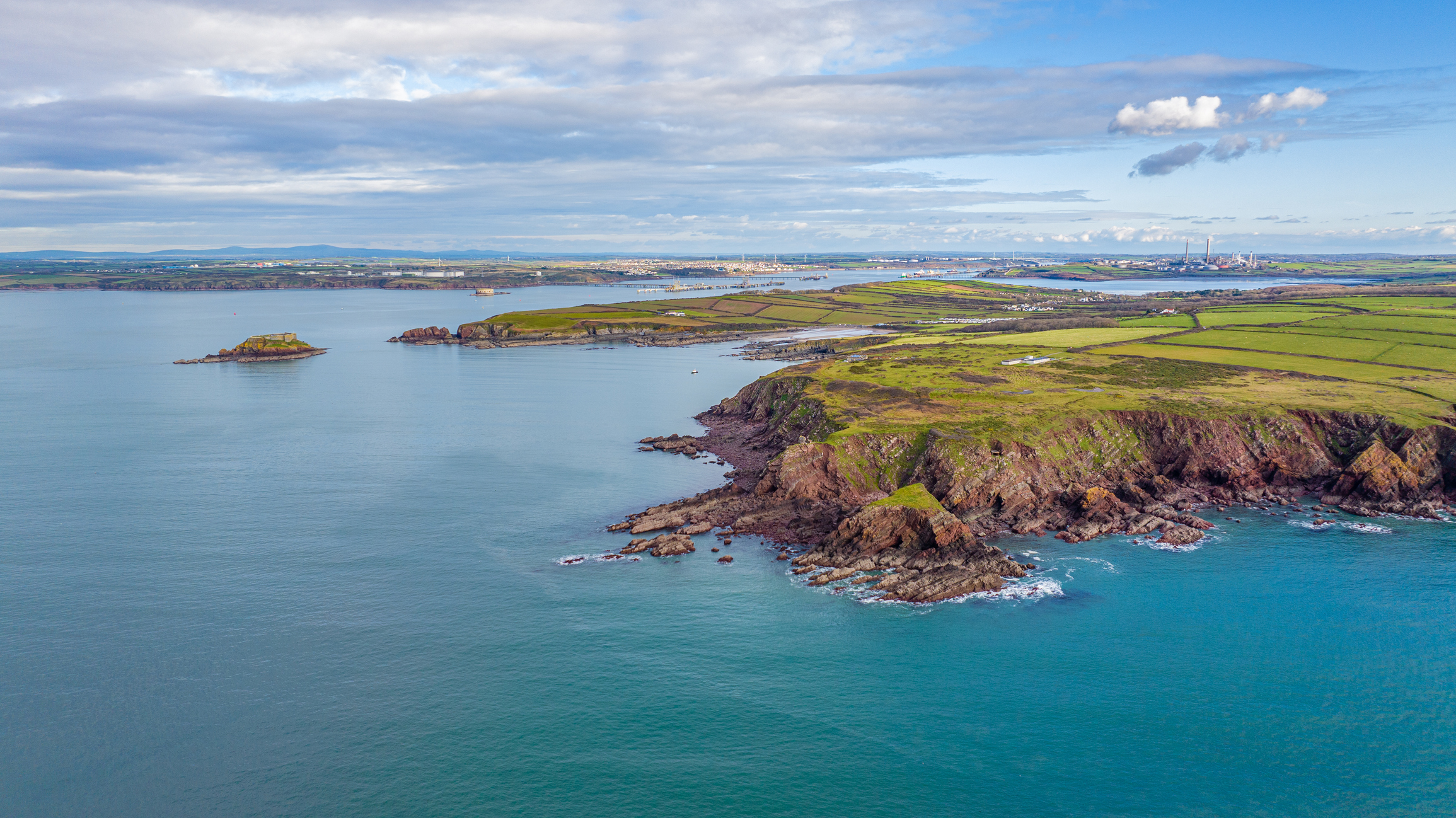Jonathan Self: Real friendship survives separation, violently different opinions and surprisingly shabby behaviour'
The reopening of a much-loved restaurant is, says Jonathan Self, like a joyous reunion with an old friend.


In 1979/1980, I had a cupboard/office in Covent Garden. When in funds, I would walk around to Joe Allen’s, where it was almost impossible to get a table, and hope that its maître d’, the famous restaurateur Jeremy King, would seat me. His next move was to take over Le Caprice, which, in 1984, quite by chance, also became my local. Ever since, wherever and whenever Jeremy opened a restaurant, there I was. I rarely ate in anyone else’s establishment for almost four decades.
It was a dark day for me when he lost control of his hospitality empire in 2022 and a happy one when he reopened Le Caprice as Arlington shortly before Easter. Rose and I don’t spend much time in London nowadays, but we have made two special trips in the past few weeks, primarily for the pleasure of dining at Arlington, and we’re planning a third.
Why, given that we live in the west of Ireland, do we consider it worthwhile to travel quite so far for a meal? It isn’t only because the food, the service and the space are exceptional — although, of course, they are. Nor because of the wonderfully diverse clientele, which adds considerably to the experience. No, Arlington’s real draw is that dining there is like meeting up with an old and valued friend — familiar, comforting and life enhancing.
It set me thinking about how one can love a place, an experience, every bit as much as (and sometimes considerably more than) even people one is close to. Speaking of people, on both our visits we ran into friends we hadn’t seen for years. The fact is that, since the pandemic, we have been less sociable, less outgoing. I agree with Jean de La Fontaine, who pointed out: ‘Rare as is true love, true friendship is rarer.’ We haven’t seen enough of our true friends recently and we are determined to do something about it.
"The Japanese have a concept called moai, which refers to the connection felt between a small group of lifelong friends"
In our defence, geography comes into play. We live in a sparsely populated and remote part of the world. I am afraid a happy marriage reduces the need for company, too. I have with Rose what Anne of Green Gables longed for, viz. ‘a bosom friend — an intimate friend, you know — a really kindred spirit to whom I can confide my inmost soul’. Also, sadly, we have fewer dear friends to contact, as Freya, who kept a mouse in her shirt, John, who grew up two streets away from me, Sheila, our house-keeper for 30 years, and far too many others are no longer with us.
Samuel Johnson believed that friendship, like love, is destroyed by absence, but I don’t agree with him. In my experience, real friendship will survive extensive separation (‘Long Years apart — can make no/Breach a second cannot fill,’ as Emily Dickinson wrote), violently different opinions and surprisingly shabby behaviour. At school, we learnt that the Greeks had three words for love: agape, eros and philia — the last being the love one feels for a friend, the sort of love, in fact, that can easily withstand a few years of neglect.
The Japanese understand this and have a concept called moai, which refers to the connection felt between a small group of lifelong friends. As an aside, white-faced capuchins, which I have been fortunate enough to see in the wild, greet their lifelong friends by sticking their fingers into each other’s eye sockets. I will refrain from saying what male Guinea baboons shake when they meet their lifelong friends. Let’s just say, we won’t be doing it at Arlington.
Exquisite houses, the beauty of Nature, and how to get the most from your life, straight to your inbox.
After trying various jobs (farmer, hospital orderly, shop assistant, door-to-door salesman, art director, childminder and others beside) Jonathan Self became a writer. His work has appeared in a wide selection of publications including Country Life, Vanity Fair, You Magazine, The Guardian, The Daily Mail and The Daily Telegraph.
